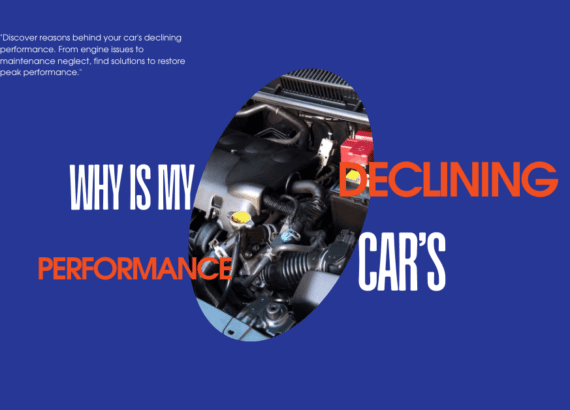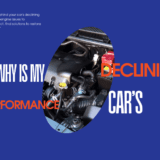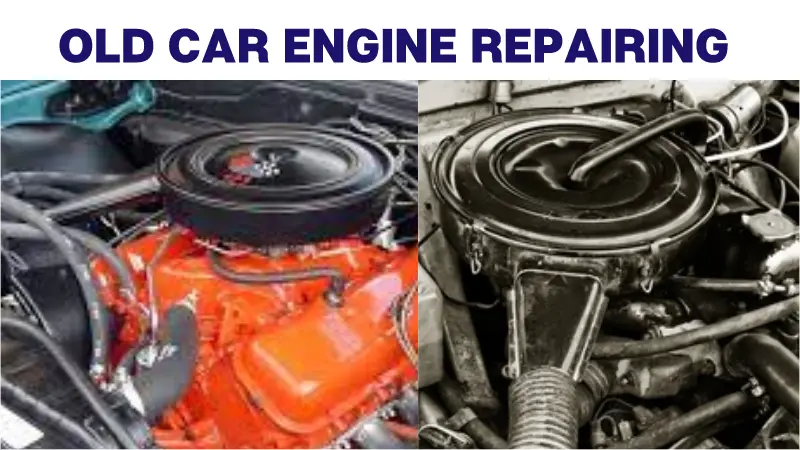8 AC Maintenance Mistakes to Avoid with Diesel Trucks

In the relentless heat, overlooking spring maintenance can lead to vital mistakes in diesel truck AC upkeep. Neglecting components and skipping regular checks jeopardizes the truck’s operation, inviting overheating during the hot months ahead.
Fleet managers must tailor AC maintenance plans, considering individual heat exposure and specific conditions. Personal experiences should guide the approach, sharing past challenges to collectively enhance truck air conditioner maintenance. Never underestimate the significance of the six degrees reading, as it reflects AC efficiency.
Revisit the basics, ensuring unblocked vents and a clean system, as cool truck interiors in hot weather result from meticulous attention. Avoid overconfidence in coolant; check for leaks and maintain a balanced approach for optimal performance. This helpful list empowers truck owners to prevent maintenance mistakes, ultimately ensuring a cool and reliable diesel truck experience.
1.Not scheduling preventive maintenance for your air conditioner
Neglecting preventative maintenance sets the stage for expensive truck repairs. Prioritize regular truck service and conduct timely visual inspections to avoid compromising your system.
Ignoring Prevention Checks
Don’t risk large problems; embrace consistent prevention checks. Proactive measures prevent costly issues, ensuring your air conditioner stays efficient and troubles remain at bay.
2. Overlooking Engine Coolant Maintenance
Maintaining your diesel’s AC efficiency isn’t just about the air that’s blown; engine coolant plays a pivotal role. As a seasoned truck maintenance technician, I’ve seen engines run hotter due to neglected coolant, which should be routinely checked and replaced to keep the AC system and fan clutch drive optimally cooled.
3.Not Visually Examining Air Conditioner Parts For Leaks
Maintaining the air conditioning system in diesel trucks is vital for peak performance and durability. Overlooking the visual examination of air conditioner parts for leaks during routine checks is a common pitfall. When meticulously checking your AC unit, pay close attention to hose connections, the compressor, and other components.
A routine, typical inspection may not unveil subtle leaks, which, if left unaddressed, can result in refrigerant loss, potentially damaging the compressor.
In my extensive experience with diesel trucks, I’ve learned that a proactive stance is key to preventing such issues. Sometimes, an early indication of trouble is visible; you might see oil around connections or the compressor, signaling an ongoing leak that extracts oil and causes refrigerant evaporation.
Ignoring this could lead to the car gradually losing refrigerant, posing a threat to the compressor. To effectively check for refrigerant leaks, consider employing a dye that, when added to the system, makes any leak visible under ultraviolet light. Alternatively, utilize a sniffer, an electric leak detector that emits noise upon sensing refrigerant vapors in the air, providing a precise method to locate and address potential issues.
4. Redefining Nozzle Direction
Ventilation equates to comfort in diesel trucks, and pointing your nozzles strategically prevents air from being unfairly circulated. We’ve all seen it—the people sitting in the back, sweating, as the AC unit labors to cool the entire cabin. It’s not just up to the system; adjusting those nozzles can make a significant difference. Aim them up towards the ceiling rather than directly at your face for a more evenly distributed airflow, helping your truck’s AC work less hard and allowing you to get cooler, faster. It’s a simple change that can prevent discomfort for everyone on board.
5. The Underutilized Recirculation Feature
Have you ever noticed that one button among your AC controls, usually signified with a circle and an arrow going on inside it? That’s the recirculation button, a system designed to keep your cabin air cool via recirculating instead of pulling in the hot air from the outside. On those scorching days when your truck is seemingly never getting cool enough, refrain from ignoring this feature. Not using it causes strain on your system, making it work harder and turning it less effective. Give your AC a break and turn it on—you will notice the immediate total improvement.
6. The Consequences of Skipping AC Maintenance

Let’s be candid, skipping AC maintenance is like thinking you can maintain your health without ever visiting a doctor. As truck owners, keeping the heating and cooling systems in an engine at the top of your mind when getting your truck maintained is crucial. Just as you wouldn’t skip getting your oil changed or rotating your tires, don’t overlook your diesel truck’s AC system.
Regular AC maintenance should always be working its way onto your list of things to do. Schedule it with a trusted auto shop that specializes in heating and cooling services next time you have your truck checked. It doesn’t hurt to ask and taking care of this complies with EPA regulations, ensuring your AC is in tip-top shape.
7. Why Not to Blast the AC Right Away
It’s tempting; we know. You enter your hot truck and think blasting the AC is the best way to get cool immediately. However, there’s a smarter approach. Instead, start by rolling down the windows to let the built-up heat escape. Once some of that hot air gets out, close up and then turn on your AC
This method prevents your truck from being too hot to handle. When parking, try parking in the shade, or better yet, facing away from the sun. If you’ve got leather seats, putting down a towel before leaving won’t burn your legs as you get back in. Invest in window shields, and remember to put them up; they really help beat the California heat, making your return to the truck more comfortable.
8. The Importance of Checking AC Electrical Connections
A frayed, or insulation-stripped wire, particularly in the clutch circuit wiring, should be car engine repaired immediately. A simple voltage reading can disclose a lot about your clutch connection. An engine at idle should show around 12.5 volts; anything less can indicate poor voltage, causing the clutch to slip especially during higher speed operation.
This not only risks overheating the clutch bearing but can also lead to imminent clutch failure, with the dreaded compressor failure not far behind. Regular checks for these can save you a fortune and keep your AC system operational for the long haul.
Conclusion
In summary, navigating the intricacies of diesel truck AC maintenance can mean the difference between a comfortable ride and being stranded in a sweltering rig. As a truck maintenance technician, I’ve witnessed the painful consequences of such neglect—from overheated engines to compromised cooling systems.
Engine coolant, which impacts the internal climate significantly, should not be an afterthought but a critical aspect of regular checks. Remember, an ounce of prevention is worth a pound of cure, and visually examining all components, particularly for leaks, is non-negotiable.
Frequent engagement with your truck’s AC, like understanding the proper direction for nozzle ventilation and making use of the recirculation feature, ensures a consistent cool environment essential to beat that intense heat. Moreover, resist the urge to immediately blast the AC; such impatience does more harm than good. Instead, encourage cabin air exchange to augment your aircraft’s natural cooling processes.
Lastly, overlooking electrical connections can signal the beginning of the end for your system. Those 12.5 volts readings are more than numbers—they’re vital signs of your AC’s health. This guidance serves as an experience-based roadmap to sidestep common pitfalls, arming you with the know-how to ensure your truck’s AC remains a reliable refuge.
FAQs
How long can a diesel truck sit without being driven?
Essentially forever. The engine is the last thing you need to worry about. Diesel never goes off – it does degrade (slowly) but takes decades to get to the point where the engine won’t start and run. The rest of the car however uses a different matter.
Are diesel trucks a lot of maintenance?
Diesel engines generally need less frequent maintenance than gasoline-powered vehicles. But when service time comes, diesel usually costs more to repair or maintain. Be prepared for higher recurring costs, even if they come less often.
What are the basic maintenance required for a diesel fuel system?
One of the essential things to do to maintain your fuel system is to make sure that you’re changing all filters regularly. The fuel filter will need to get changed and replaced from time to time so that your engine will keep running strong and your diesel truck will keep functioning as it should.
What’s the worst thing for a diesel engine?
Specifically, unburnt diesel fuel is the enemy. When diesel fuel doesn’t burn, one of two bad things happens. The unburnt fuel goes past the rings and mixes with the oil, or the fuel carbonizes, which creates soot. The black smoke coming out of the exhaust is actually not smoke–it’s soot.











